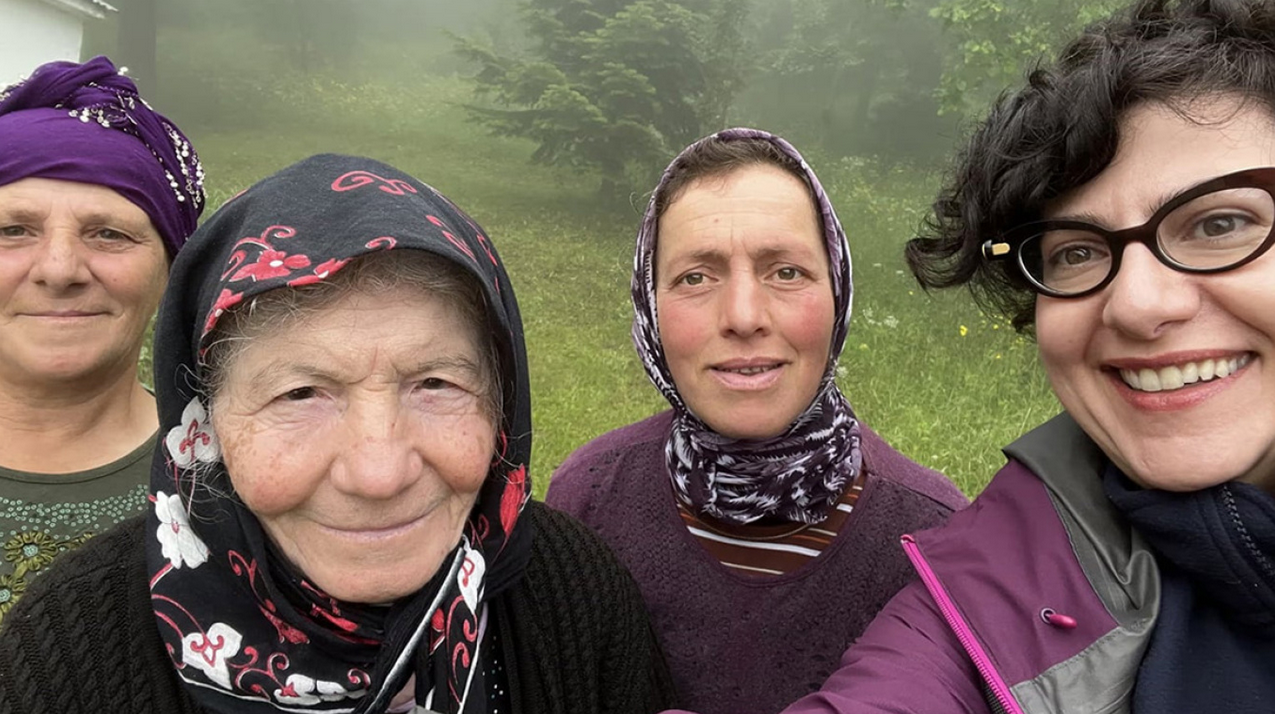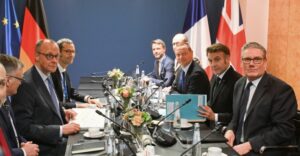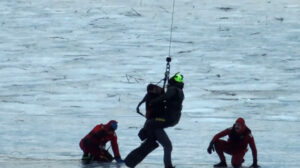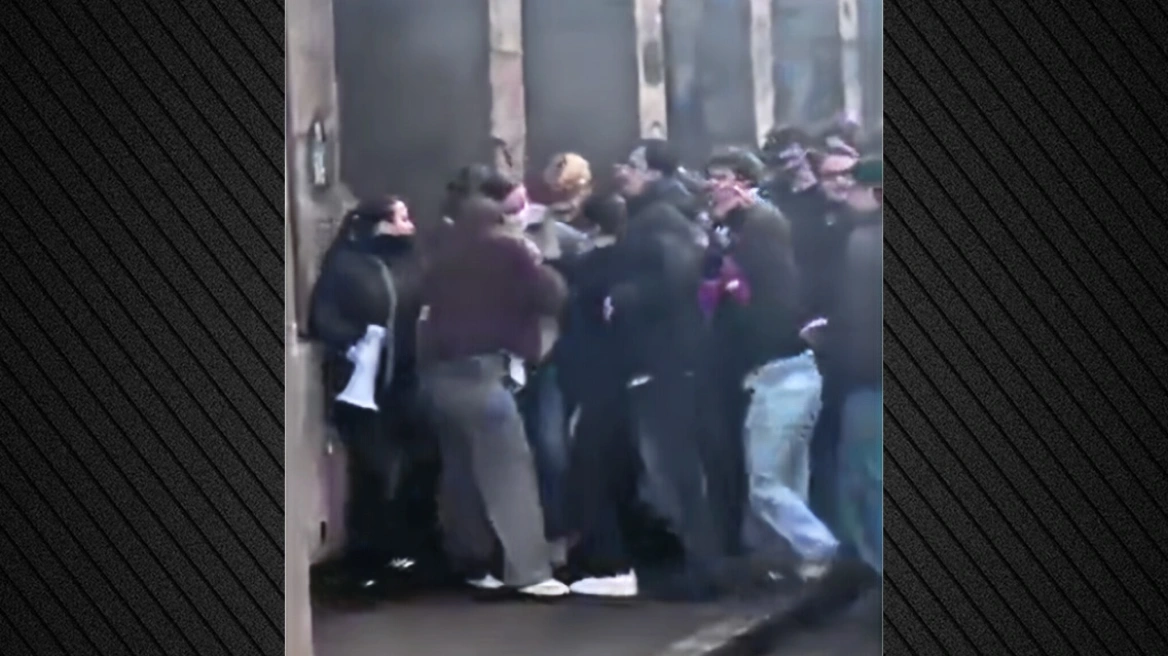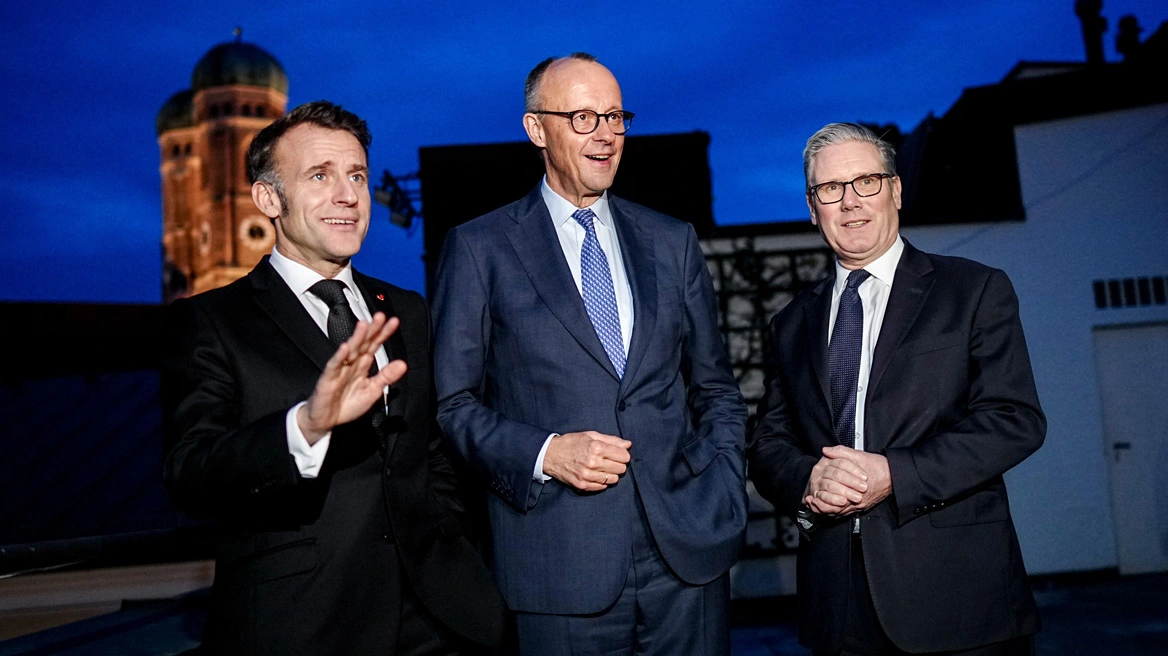An endangered form of Greek that is spoken by only a few thousand people in remote mountain villages of northern Turkey has been described as a “living bridge” to the ancient world, after researchers identified characteristics that have more in common with the language of Homer than with modern Greek.
The precise number of speakers of Romeyka is hard to quantify. It has no written form, but has survived orally in the mountain villages around Trabzon, near the Black Sea coast.
With its remaining speakers ageing, the dialect is now threatened with extinction, leading a University of Cambridge academic to launch a “last chance” crowdsourcing tool to record its unique linguistic structures before it is too late.
The Crowdsourcing Romeyka project invites native speakers across the world to upload a recording of themselves talking in the language. Ioanna Sitaridou, a professor of Spanish and historical linguistics, said she anticipated that many were likely to be in the US and Australia, as well as spread across Europe.
“There is a very significant diaspora which is separated by religion and national identity [from the communities in Turkey], but still shares so much,” she said.
Sitaridou has established that rather than having developed from modern Greek, Romeyka descended from the Hellenistic form of the language spoken in the centuries before Christ, and shares some key features with ancient Greek.
An example is the infinitive form of the verb, which in Romeyka still uses the form found in Ancient Greek. So while speakers of Modern Greek would say “I want that I go”, Romeyka preserves the ancient form “I want to go”. This structure had become obsolete in all other Greek varieties by early medieval times.
As a result, Sitaridou has concluded that “Romeyka is a sister, rather than a daughter, of modern Greek”, a finding she says disrupts the claim that modern Greek is an “isolate” language, meaning it is unrelated to any other European language.
Modern Greek and Romeyka are not mutually intelligible, says the academic; she suggests that an apt comparison would be speakers of Portuguese and Italian, both of which derive from Vulgar Latin rather than from each other.
Though the history of the Greek presence in the Black Sea is not always easy to disentangle from legend, the Greek language expanded with the spread of Christianity. “Conversion to Islam across Asia Minor was usually accompanied by a linguistic shift to Turkish, but communities in the valleys retained Romeyka,” Sitaridou said.
Cyprus: Mother of missing person waited 50 years for a phone call that came after her death (photos)
In contrast, Greek-speaking communities who remained Christian grew closer to modern Greek, especially because of extensive schooling in Greek in the 19th and early 20th centuries.
The 1923 treaty of Lausanne saw Turkey and Greece exchange their Christian and Muslim populations, but because the Romeyka-speaking communities in the Trabzon region are Muslim, they remained in their homeland.
As a result of extensive contact with Turkish, cultural stigma and migration, however, the language is now endangered, according to Sitaridou. A high proportion of native speakers in the region are over 65, and fewer young people learn the language.
Does she think the online initiative could help save Romeyka as a living language? “Obviously I love all languages and I would like to see them preserved,” she said. “But I’m not one of these people who think languages have to be preserved at all costs. And at the end of the day, it’s not exactly down to me. If the speakers decide to pass it on, great. If the speakers choose not to pass it on, it’s their choice.
“What is very important for these [minority] languages and for these speech communities is to keep for themselves a sense of belonging and who they are. Because it connects them to their past, whatever way you see your past.
“When speakers can speak their home languages they feel seen and thus they feel more connected to the rest of society. On the other hand, not speaking the heritage or minority languages creates some form of trauma which … undermines integration.”
Source: The Guardian
Ask me anything
Explore related questions
